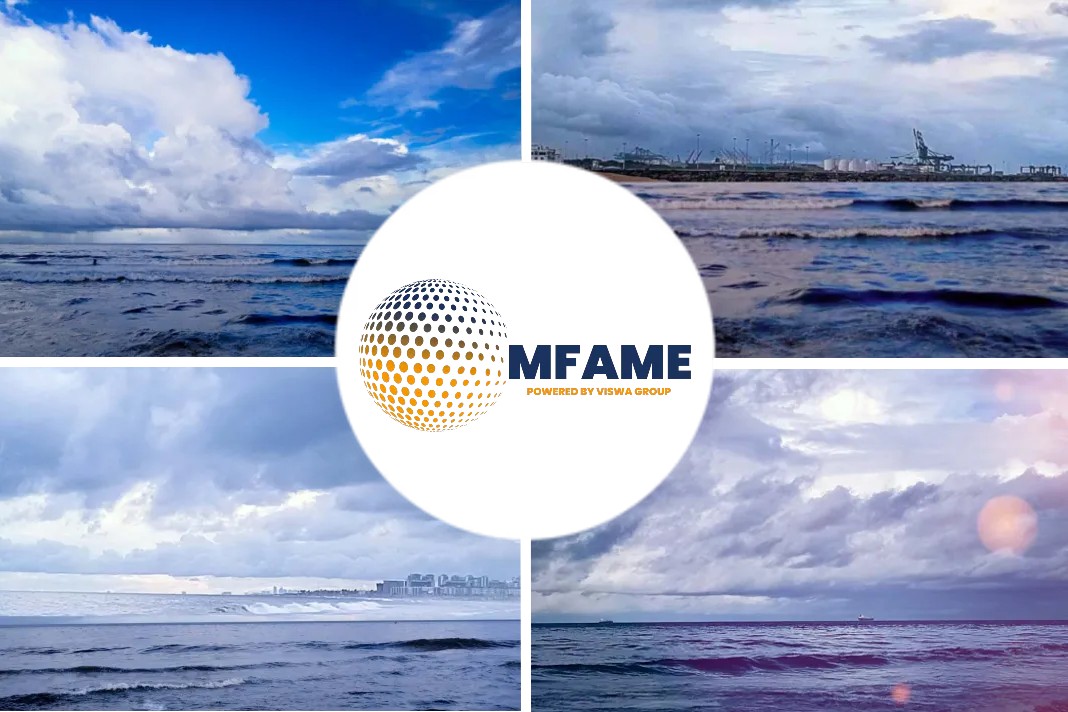
A national workshop in Apia, Samoa, has as its main topic the significance of the BWM Convention’s ratification, implementation, and enforcement (27-28 March).
BWM Convention
Government representatives were made aware of the steps Samoa should take on a national level to ratify, implement, and enforce the International Convention for the Control and Management of Ships’ Ballast Water and Sediments, 2004 (BWM Convention) through presentations, group discussions, and role-playing exercises. Introduction to ballast water management and the BWM Convention, comprehension of Parties’ obligations under the BWM Convention, monitoring and enforcement of compliance for port State control, and risk reduction are among the topics covered.
The key outcomes
Increased knowledge of the BWM Convention’s ratification, implementation, and enforcement process, as well as its compliance monitoring and enforcement components, as well as a larger network of qualified ballast water management and control experts, were major outcomes of the workshop.
The BWM Convention, which came into effect in 2017, aims to stop the movement of dangerous aquatic species in ship ballast water. It accomplishes this by mandating that a ship-specific management plan be used to control the ballast water and sediments of all ships engaged in international traffic to a predetermined standard. Moreover, a ballast water record book and an international ballast water management certificate must be carried by every ship.
With assistance from the Secretariat of the Pacific Regional Environment Program, the workshop was conducted under the IMO’s Integrated Technical Cooperation Programme (SPREP).
Did you subscribe to our newsletter?
It’s free! Click here to subscribe!
Source: IMO














